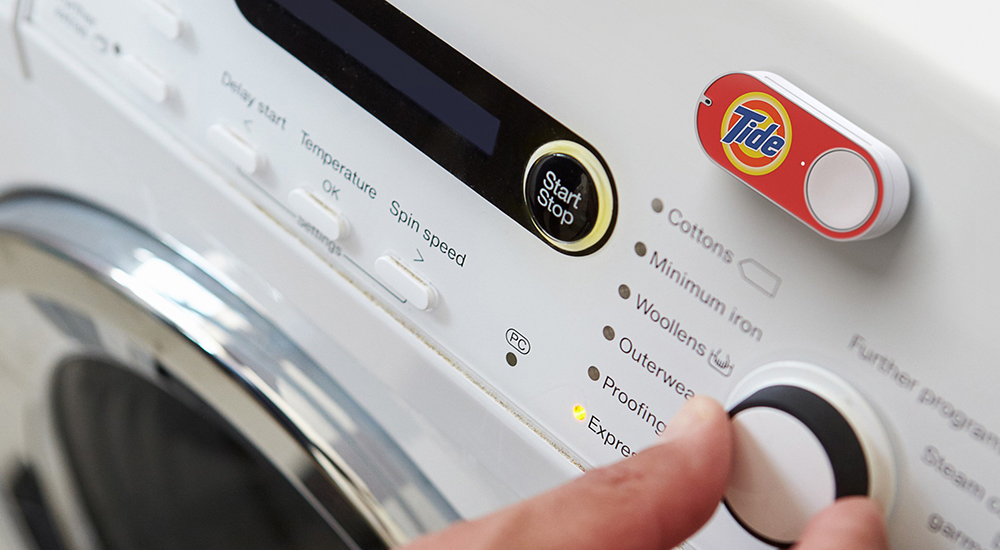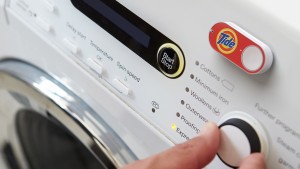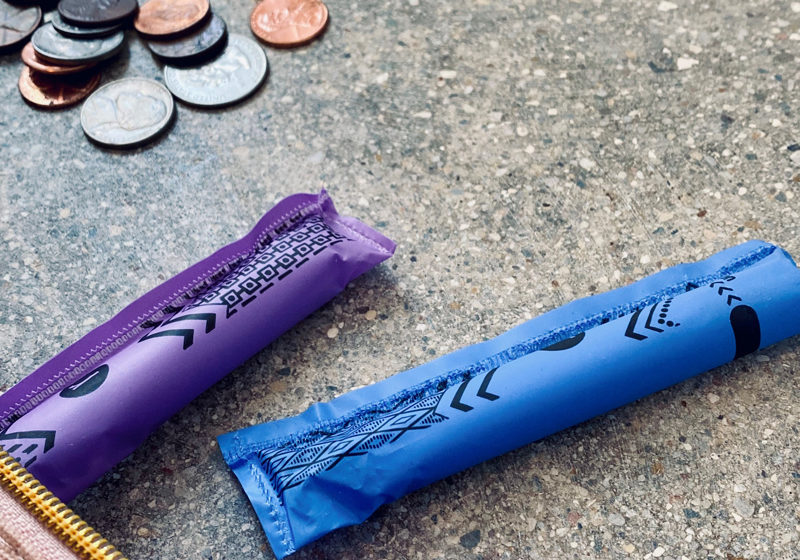
The Contrast of Convenience: A Look at Amazon’s Innovations
Interested in learning more about the future today? Join us in welcoming The Future of Retail on Monday, October 12, 4 – 5:30pm.
Yesterday I stumbled upon a very interesting blog: Nicholas Carr’s The Rough Type. In “Smartness Is a Zero Sum Game,” he writes that there is a “fixed amount of intelligence in the world, and every time we think we’re creating new intelligence, what we’re actually doing is just redistributing the intelligence that’s already there.”
In essence, his argument boils down to one thing: We get dumber as machines get smarter. So, here’s my question: As the world becomes more convenient to navigate, do we get lazier?
The first thing to consider is if it is even true that we are busier than previous generations. It certainly feels like the world is spinning faster than ever before. But an Atlantic article, “The Myth That Americans Are Busier Than Ever,” shows that, as a country, we actually work less than previous generations.
But look closer at the data. Some groups—including working moms and higher-educated men and women—are working more than they did 50 years ago. On the other hand, those with less education are working fewer hours than their cohorts from 50 years ago.
So, bumping this against all of the technology solutions available, I suppose it makes sense that the people who can afford these services appear to need them to keep up with their pace of life.
We can now outsource most any task to an app, service or company.
Like Amazon.
Just this past year, they can be credited with developing a dizzying array of tech products, services and ideas, including Dash (button), Echo, Alexa, drive-through grocery stores, Prime same-day delivery and PrimeAir (drone delivery).
Why are they developing all of these futuristic gadgets? In a few words, it’s about reducing friction to purchase. This thought is central to most every tech company from Uber to Facebook to Instacart.
It’s convenient when you can simply press a button on your washer to reorder detergent. Or ask Alexa to add paper towels to your shopping list, and they are added and ordered. Better yet, soon your kitchen will know when it is time to buy things and proactively take care of it.
Amazon’s advantage is its size and scale. They have 109 warehouses positioned strategically around the world to help deliver on our need for immediate gratification. Yet, we are still way more likely to go down to the corner store for whatever it is that we need. Ninety-three percent of all sales happen in physical stores.
For now.
When you start to add up the minutes that these gadgets may save us, what does it amount to? For me, it translates into an extra hour and 48 minutes on the weekend to spend working. Thanks Amazon.





